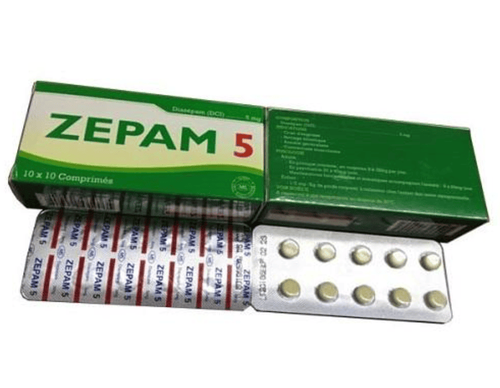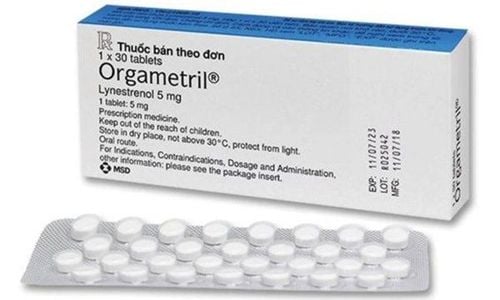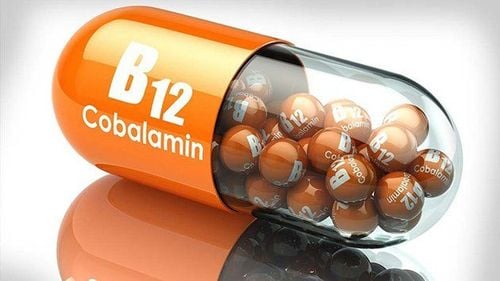Inositol naturally occurs in foods such as fruits, beans, grains, and nuts. The body can also produce inositol from carbohydrates in food. However, some studies suggest that supplementing with inositol may offer various health benefits. This article provides a detailed look at the benefits, recommended dosages, and implicit side effects of inositol supplements.
1. What Is Inositol (Vitamin B8)?
Although commonly referred to as Vitamin B8, inositol is not a true vitamin but a type of sugar with several important biological functions. It plays a structural role as a major component of cell membranes. Inositol also influences insulin activity, a hormone necessary for blood sugar regulation, and affects neurotransmitters in the brain, such as serotonin and dopamine.
An average diet contains approximately 1 gram of inositol daily, sourced from foods like grains, beans, nuts, fruits, and fresh vegetables. However, inositol supplements are often administered at higher doses. Studies have explored the benefits of doses up to 18 grams per day, yielding promising results with minimal side effects.

2. Benefits of Inositol
Based on the role of inositol (vitamin B8), we can determine that vitamin B8 functions as:
2.1. Mental Health Benefits
Inositol may help balance key brain chemicals, such as serotonin and dopamine, that influence mood.
Interestingly, researchers have discovered that some people with depression, anxiety, and bipolar disorder have lower levels of inositol in the brain.
While more research is needed on the effects of inositol, some studies have suggested that inositol has the potential to be used as an alternative treatment for mental health conditions. It also appears to have fewer side effects compared to traditional medications.
- Panic Disorder:
Inositol supplementation may alleviate panic disorder, a severe form of anxiety.
Inositol supplementation may alleviate panic disorder, a severe form of anxiety. Symptoms of panic attacks include rapid heartbeat, shortness of breath, dizziness, sweating, and tingling sensations.
A study involving 20 participants with panic disorder found that those taking 18 grams of inositol daily experienced fewer panic attacks compared to those on conventional anxiety medications.

- Depression:
Some studies suggest inositol can reduce depressive symptoms, but results remain inconsistent. In an early study, 12 grams of inositol daily for 4 weeks improved symptoms in patients with depression. However, subsequent studies failed to confirm significant benefits. More research is needed to clarify inositol’s role in treating depression.
- Bipolar Disorder:
Preliminary research shows promising results for bipolar disorder. In a study with children experiencing bipolar symptoms, a combination of 3 grams of omega-3 fatty acids and up to 2 grams of inositol daily over 12 weeks reduced manic and depressive symptoms.
Additionally, 3–6 grams of inositol daily may reduce psoriasis symptoms caused by lithium, a common bipolar medication.

2.2. Polycystic Ovary Syndrome (PCOS)
Polycystic ovary syndrome (PCOS) is a hormonal imbalance in women that causes irregular menstrual cycles and infertility. PCOS may also lead to weight gain, elevated blood sugar, cholesterol, and triglycerides.
Inositol supplementation, particularly when combined with folic acid, can improve PCOS symptoms: Reduces triglyceride levels. Improves insulin sensitivity and lowers blood pressure.
Promotes ovulation in women with fertility issues. In a clinical study, 4 grams of inositol and 400 mcg of folic acid daily for 3 months induced ovulation in 62% of treated women.
2.3. Metabolic Syndrome Management
Metabolic syndrome refers to a cluster of conditions that increase the risk of chronic diseases, such as heart disease and type 2 diabetes.
In a one-year clinical trial involving 80 women with metabolic syndrome: Supplementing 2 grams of inositol twice daily reduced triglycerides by 34% and total cholesterol by 22%. Improvements were also observed in blood pressure and blood sugar levels. Notably, 20% of participants no longer met the criteria for metabolic syndrome by the study’s end.
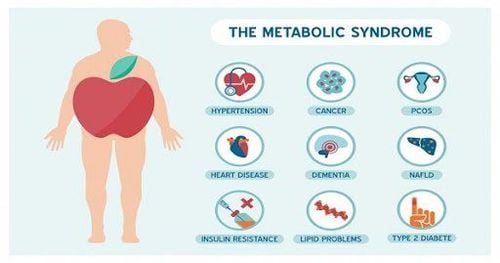
2.4. Gestational Diabetes Prevention
Gestational diabetes mellitus (GDM) occurs when blood sugar levels rise during pregnancy, affecting up to 10% of pregnancies in the U.S. annually.
In animal studies, inositol has been directly linked to the function of insulin, a hormone that regulates blood sugar levels. However, there is only a limited number of studies on supplementation and GDM in humans. Nevertheless, some studies suggest that a combination of 4 grams of myo-inositol and 400 mcg of folic acid may be useful in preventing GDM when taken daily throughout pregnancy. However, more research is needed to better understand the role of inositol in GDM and provide solid evidence.
2.5. Other Potential Benefits
Inositol has been studied as a potential treatment option for various medical conditions. In addition to what has already been mentioned, some studies suggest that inositol may be beneficial in the following conditions:
- Respiratory Distress Syndrome: In preterm infants, inositol may aid in treating respiratory issues caused by underdeveloped lungs.
- Type 2 Diabetes: Preliminary studies show that inositol combined with folic acid may help control blood sugar levels over 6 months.
- Obsessive-Compulsive Disorder (OCD): A small study found that 18 grams of inositol daily for 6 weeks reduced OCD symptoms.

3. Side Effects of Inositol
Inositol supplements are generally well-tolerated, with few side effects reported at doses up to 12 grams daily. Mild side effects may include: Nausea, Bloating, Insomnia, Headache, Dizziness, Fatigue
When increased to 4 grams of inositol per day and used by pregnant women, study results have shown no side effects. However, more in-depth research is still needed to confirm this. Additionally, there is currently insufficient research to determine the safety of supplements during breastfeeding, although breast milk is known to be rich in inositol.
Moreover, there is still no clear evidence to determine whether long-term inositol supplementation is safe. This is because, in most studies, inositol supplementation has only been conducted for one year or less.
4. Recommended Dosage
The two primary forms of inositol supplements are myo-inositol (MYO) and D-chiro-inositol (DCI). Suggested dosages vary depending on the condition:
- Mental Health Conditions: 12–18 grams of MYO daily for 4–6 weeks.
- Polycystic Ovary Syndrome (PCOS): 1.2 grams of DCI daily or 2 grams of MYO with 200 mcg of folic acid, twice daily for 6 months.
- Metabolic Syndrome: 2 grams of MYO twice daily for 1 year.
- Gestational Diabetes: 2 grams of MYO with 400 mcg of folic acid, twice daily during pregnancy.
- Type 2 Diabetes: 1 gram of DCI with 400 mcg of folic acid daily for 6 months.
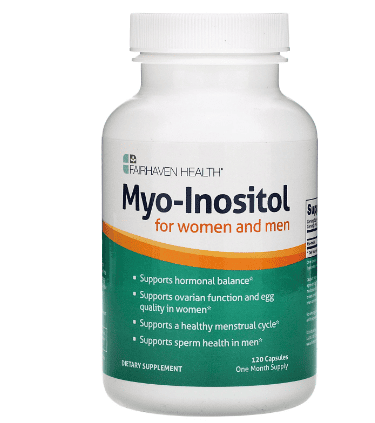
Although these doses of inositol appear to be beneficial for certain conditions in the short term, more research is needed to determine whether they are safe and effective over the long term.
Research suggests that inositol supplements may benefit individuals with mental health conditions, PCOS, metabolic syndrome, and diabetes. Inositol is generally safe for most people, with minimal side effects at doses up to 18 grams daily. While inositol occurs naturally in small amounts in the diet, supplementation may offer additional health benefits.
To arrange an appointment, please call HOTLINE or make your reservation directly HERE. You may also download the MyVinmec app to schedule appointments faster and manage your reservations more conveniently.
Reference source: healthline.com







